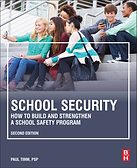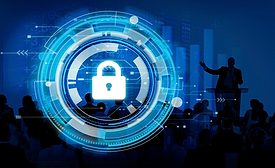Management
FIRST 33rd Annual Conference to be streamed live June 7-9, 2021
Under the theme – ‘Crossing Uncertain Times’, the conference will feature prominent global speakers from the Incident Response and Security Teams community
May 17, 2021
Sign-up to receive top management & result-driven techniques in the industry.
Join over 20,000+ industry leaders who receive our premium content.
SIGN UP TODAY!Copyright ©2024. All Rights Reserved BNP Media.
Design, CMS, Hosting & Web Development :: ePublishing









